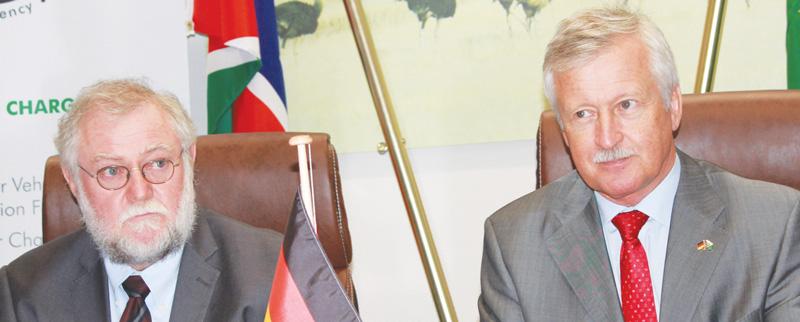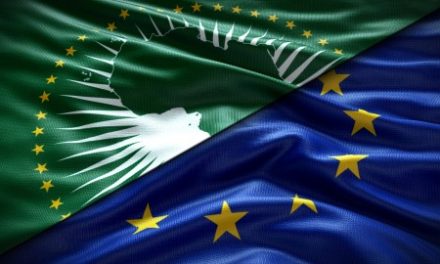
2nd meeting of SACU-MERCOSUR Preferential Trade Agreement meeting concluded

The senior trade officials of the Southern Africa Customs Union (SACU) and the Southern Common Market (MERCOSUR) held their 2nd Meeting of the Joint Administrative Committee (JAC) under the framework of the SACU-MERCOSUR Preferential Trade Agreement (PTA) on 5 October.
The meeting was held virtually and was co-chaired by Niki Kruger, Chief Director of Trade Negotiations from the Department of Trade, Industry and Competition of South Africa on behalf of SACU, and Counsellor Clarissa Nina, Chief Negotiator of the Brazilian Presidency Pro Tempore of MERCOSUR.
According to Executive Secretary of SACU, Paulina Elago, the JAC is responsible for overseeing the implementation of the PTA.
“The SACU-MERCOSUR PTA is a limited-scope Agreement that aims to promote trade between MERCOSUR and the SACU regions. It offers tariff preferences on approximately 1000 tariff lines from each side with the Margins of Preference ranging between 10% and 100 %,” Elago said.
Elago said the parties considered the procedural and customs administrative issues relating to the implementation of the PTA, assessed progress including utilisation of the market preferences, and challenges encountered by the Parties.
“The parties agreed on actionable points to facilitate the effective utilisation of the Agreement and to improve trade relations between two regions,” she added.
Despite the challenges caused by the COVID-19 pandemic, the Parties reaffirmed their commitment to the full implementation of the PTA. In this regard, the two Parties further agreed to keep the momentum through facilitating the Business Community in MERCOSUR and SACU to leverage on the benefits created by the PTA. They further undertook to deepen their partnership in the Spirit of South-South Cooperation.













































